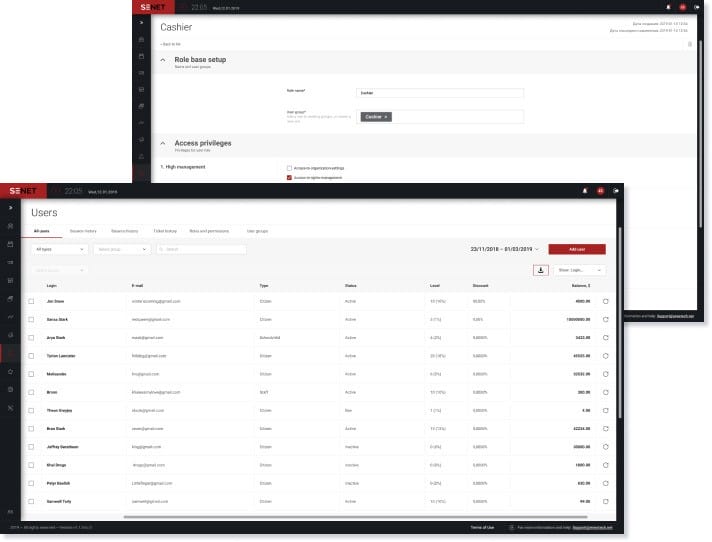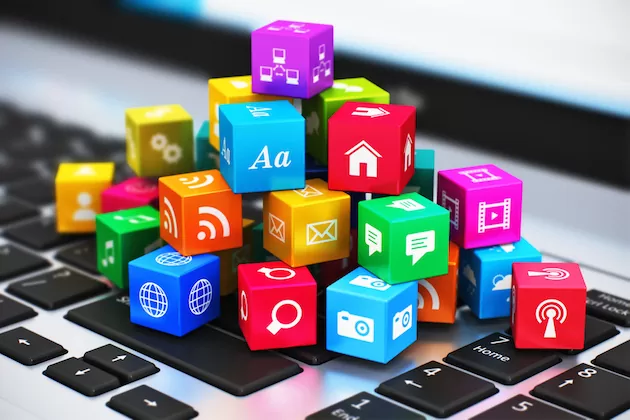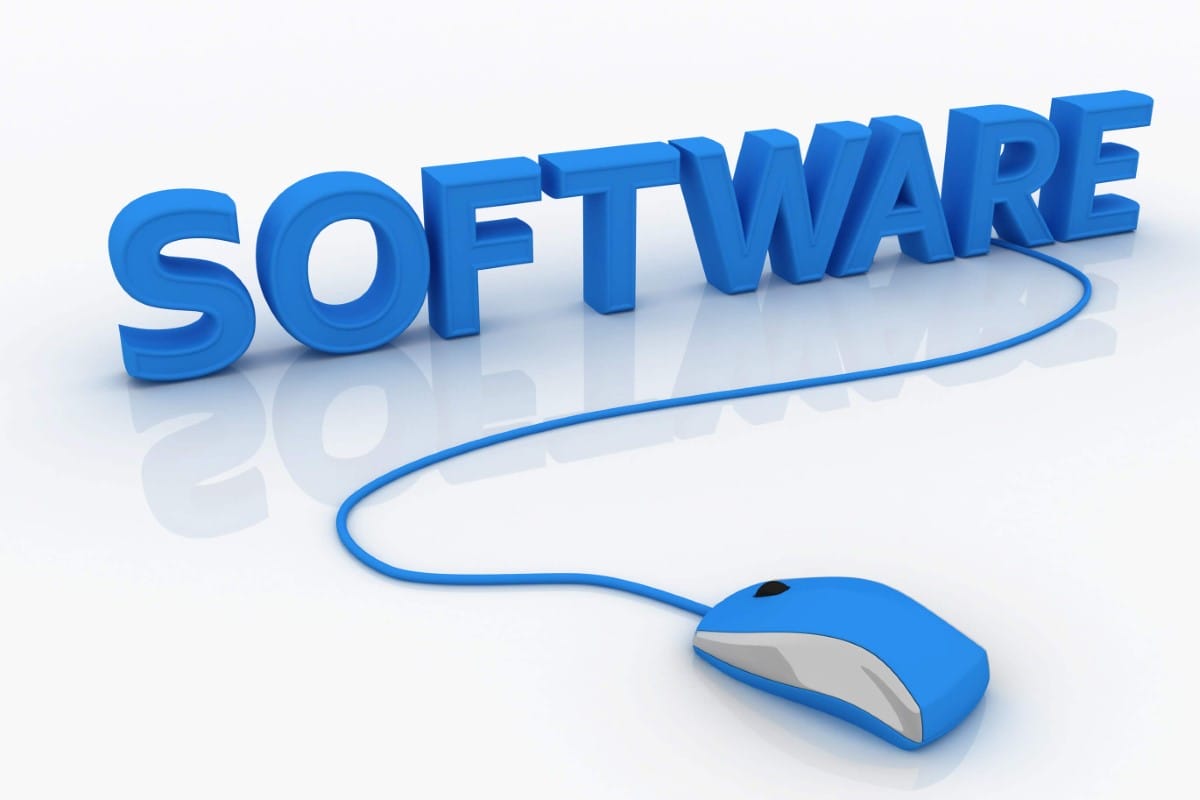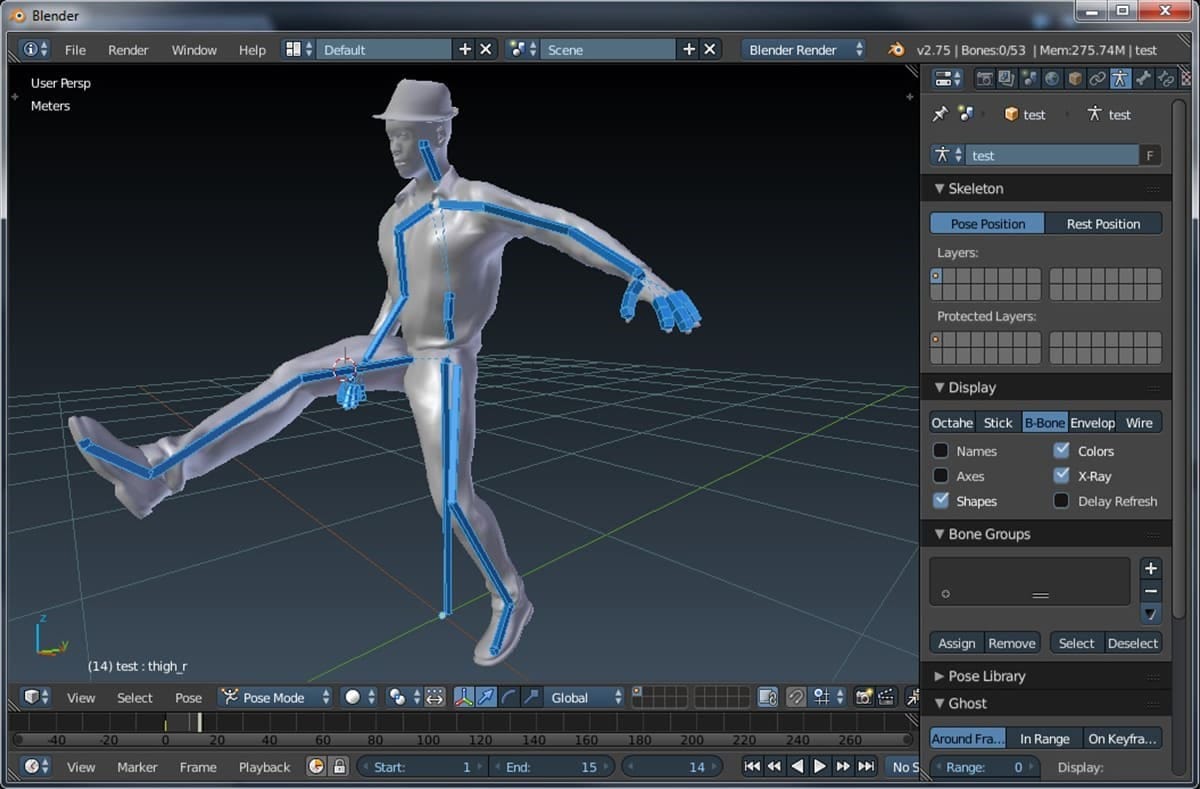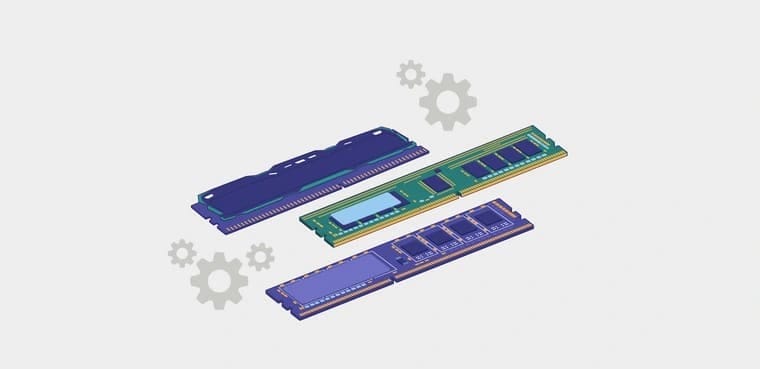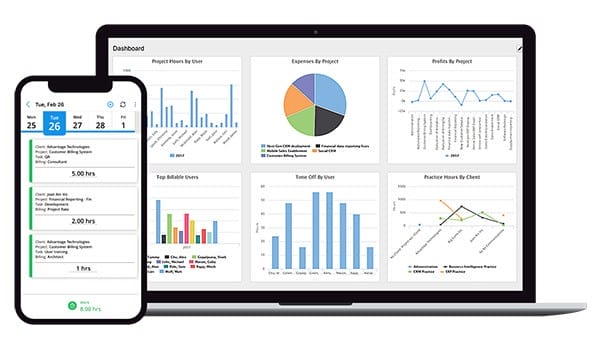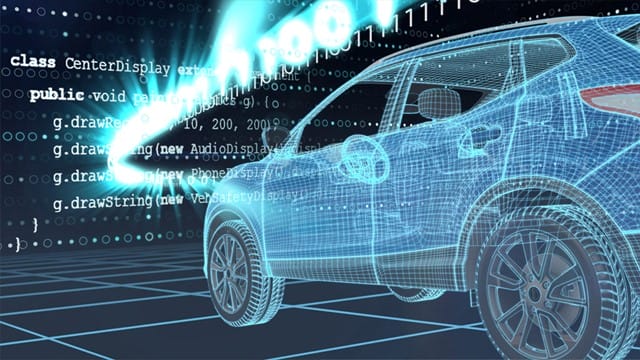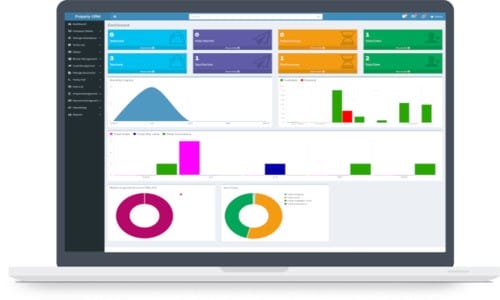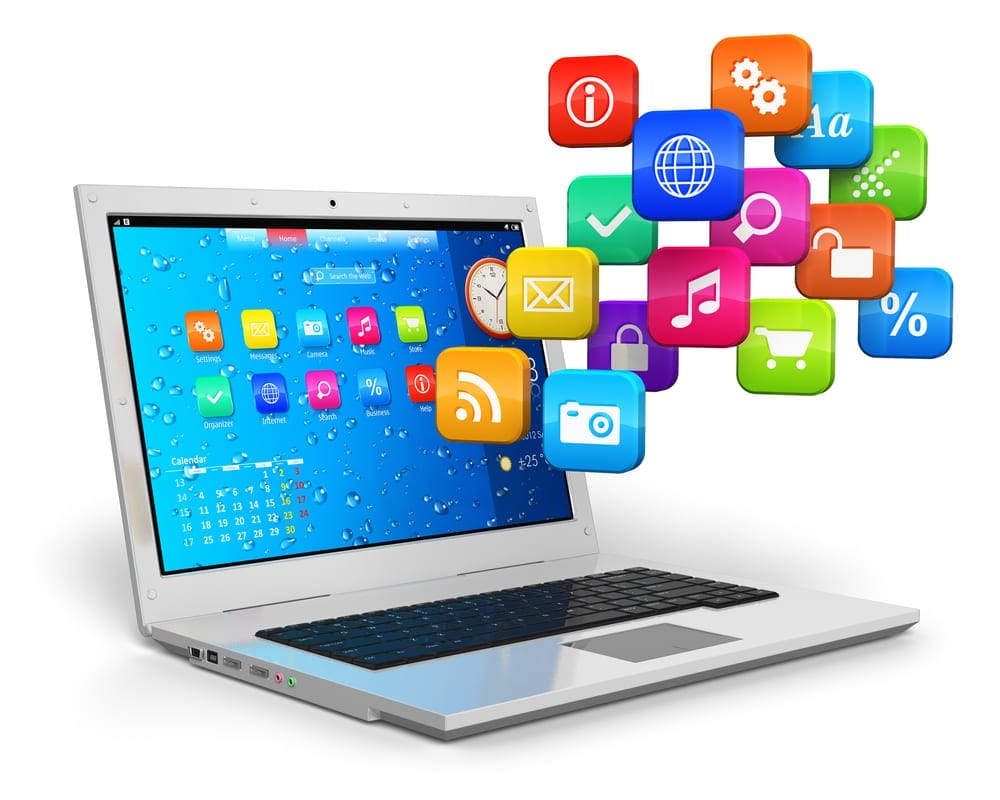As quantum technologies advance at an unprecedented pace, their potential to revolutionize various sectors, including education, becomes increasingly apparent. These cutting-edge technologies promise to reshape how we learn, teach, and interact with information, making the educational experience more dynamic, personalized, and effective.
Enhancing Computational Power for Research and Learning Quantum computers, known for their ability to process vast amounts of data at unprecedented speeds, could transform educational research. Complex calculations and simulations that currently take hours or even days could be completed in mere seconds. This capability would enable students and educators to tackle more challenging problems and explore new realms of knowledge that were previously inaccessible.
Personalized Learning Experiences One of the most significant ways quantum technologies can impact education is by enabling personalized learning on a scale never seen before. With quantum computing, it would be possible to analyze and process individual learning patterns in real time, creating customized educational content that adapts to each student's needs. This would ensure that every learner receives the most effective instruction, maximizing their potential.
Transforming Classrooms with Quantum-Enhanced Tools Classrooms of the future could be equipped with quantum-enhanced tools, such as quantum sensors and quantum internet, which would provide unprecedented accuracy and speed in transmitting data. These tools could facilitate immersive learning experiences, where students interact with complex simulations or virtual environments in real time, making abstract concepts more tangible and understandable.
Revolutionizing Educational Content Delivery Quantum communication technologies could revolutionize how educational content is delivered. The ability to transmit information with perfect security and minimal latency would enable global collaboration among students and educators. Imagine a world where a quantum network connects classrooms across the globe, allowing students from different cultures to learn together in a secure and seamless environment.
Empowering Educators with Quantum Insights Educators would also benefit significantly from quantum technologies. By leveraging quantum-powered data analysis, teachers could gain deeper insights into student performance and learning behavior. This would allow them to adjust their teaching methods more effectively, ensuring that every student receives the support they need to succeed.
Addressing Global Educational Challenges Finally, quantum technologies could play a crucial role in addressing global educational challenges. By making advanced computational resources more accessible, quantum technologies could help bridge the gap between educational institutions in developed and developing regions. This democratization of education could lead to a more equitable distribution of knowledge and opportunities worldwide.
The integration of quantum technologies into education holds the potential to create a future where learning is more personalized, efficient, and inclusive. As these technologies continue to evolve, their impact on education is likely to grow, paving the way for a new era of teaching and learning.


